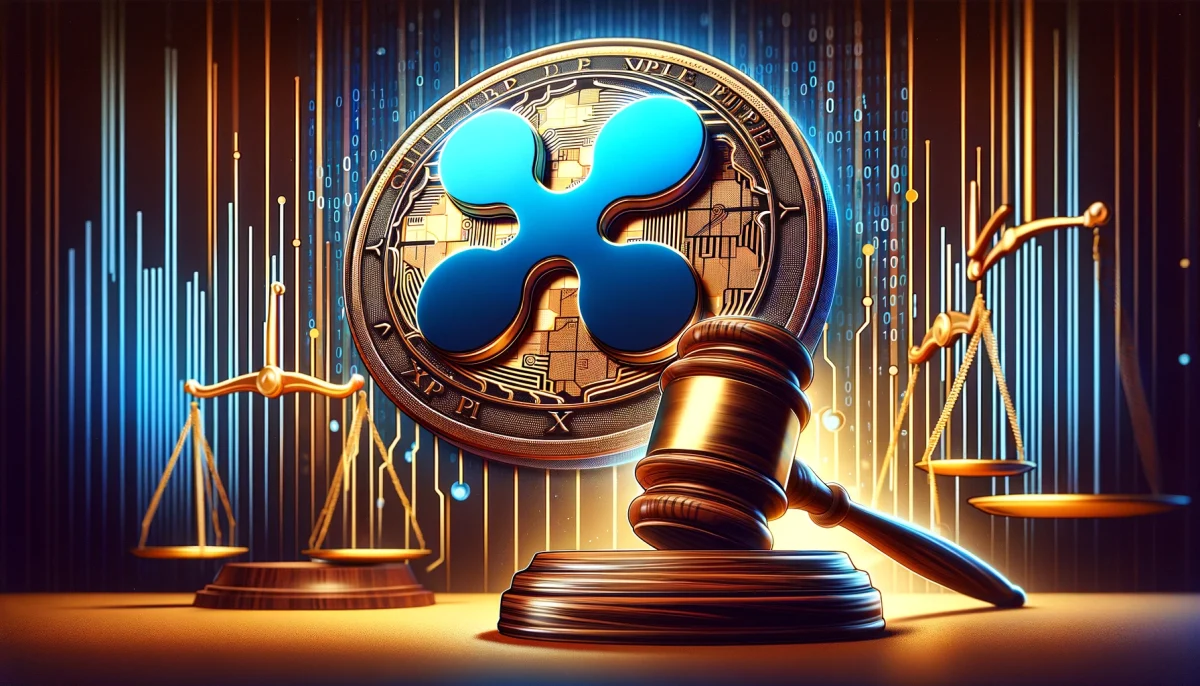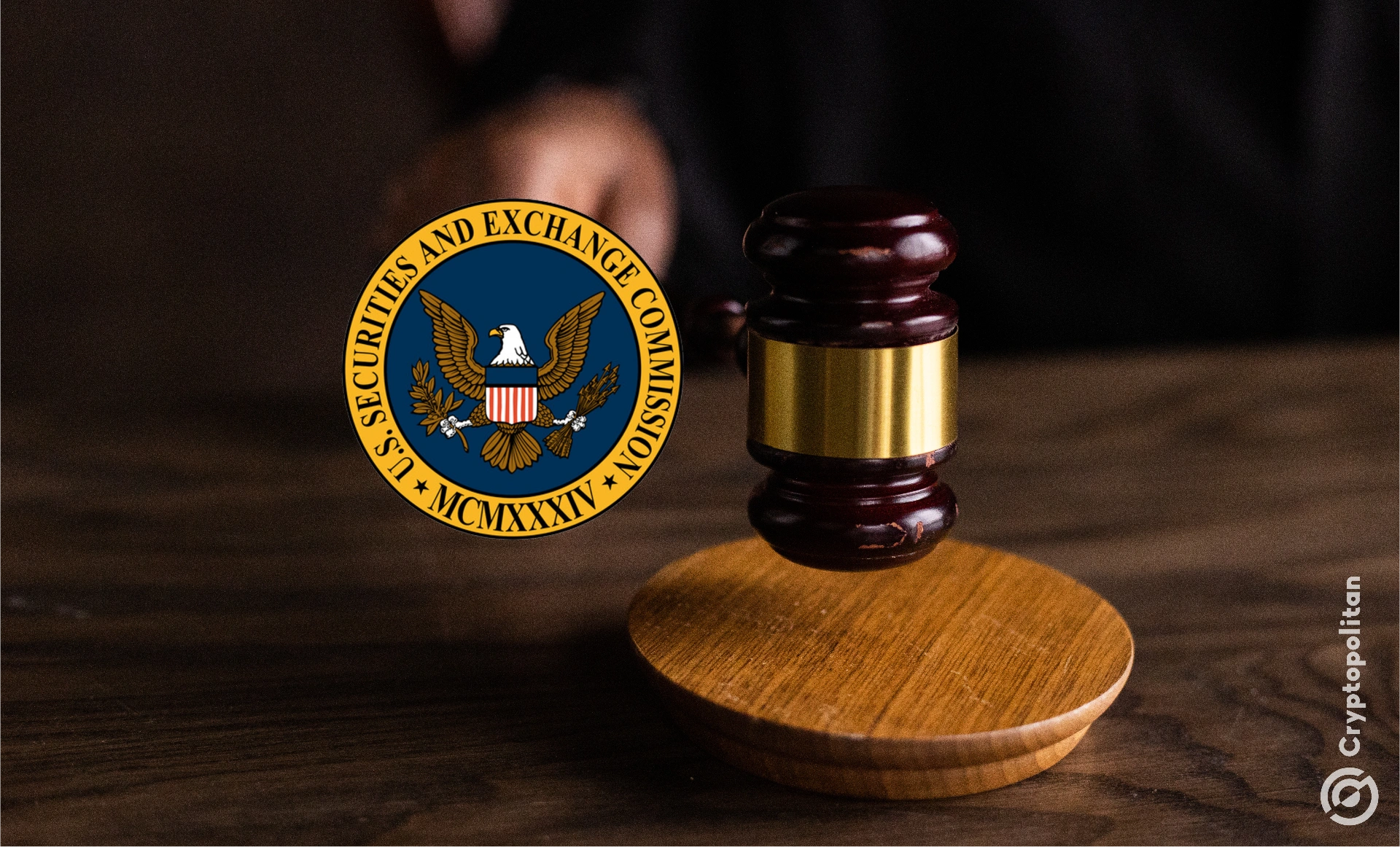In a significant update concerning the legal battle between the U.S. Securities and Exchange Commission (SEC) and Ripple Labs, Ashley Prosper, a well-regarded member of the XRP community, has provided clarity on the expected timeline for the case’s progression and eventual resolution. Prosper’s insights come at a crucial juncture as stakeholders within the cryptocurrency sector closely monitor the developments of this landmark lawsuit. The case has seen numerous twists and turns and hinges on the SEC’s allegations that Ripple conducted unregistered securities offerings by selling XRP tokens.
Prosper highlighted the current lawsuit phase, focusing on the remedies-related discovery process. According to Prosper, the deadline for this phase was extended to February 20, which also marks the date Ripple is mandated to submit its financial records in accordance with a court order.
These records are anticipated to play a pivotal role in the proceedings, especially as the SEC seeks to establish the need for an injunction against Ripple’s future institutional sales of XRP. The documents in question, including Ripple’s audited financial statements for 2022 and 2023 and details of post-complaint institutional sales of XRP, are slated for public release on March 13, when the SEC files its remedies brief.
Understanding the legal proceedings and implications
The legal discourse surrounding the Ripple vs. SEC lawsuit extends beyond the immediate parties involved, touching on broader implications for the cryptocurrency industry. Ripple’s victories in certain aspects of the case, such as the rulings on XRP programmatic sales and the classification of the coin as a non-security, have been viewed as significant milestones. Conversely, the SEC has also seen success, notably in its motion to compel Ripple to produce its financial records concerning XRP institutional sales.
Prosper’s analysis sheds light on the expected timeline for the lawsuit’s conclusion. Contrary to some speculations within the XRP community, the final judgment by Judge Analisa Torres is not anticipated until later in the year. Prosper cites the remedies schedule order, which sets April 29 as the deadline for the final submission of the remedies brief.
Following this submission, a judgment is expected to be issued between July and August, although there remains the possibility of a delay until the following year. Prosper emphasizes that an April resolution would likely only occur through a settlement between Ripple and the SEC. A scenario that remains uncertain given the SEC’s apparent intent to leverage the case as a precedent for future regulatory actions against other crypto projects.
The path forward for Ripple and the crypto industry
The Ripple vs. SEC lawsuit has been closely watched by industry observers, as its outcome could have far-reaching implications for the regulatory landscape of cryptocurrencies in the United States. The case’s progression underscores the complexities of applying traditional securities laws to the rapidly evolving digital asset space. As the legal battle unfolds, the cryptocurrency community remains divided on the potential impact of the final judgment.
The anticipation surrounding the disclosure of Ripple’s financial records and the subsequent steps in the legal process reflects the high stakes involved. With the SEC aiming to establish a precedent and Ripple defending its operational practices, the lawsuit serves as a litmus test for the future of cryptocurrency regulation. As the deadline for the remedies brief approaches, stakeholders are bracing for the next phase of this legal saga, which promises to shape the regulatory framework governing digital assets for years to come.
In conclusion, the insights provided by Ashley Prosper offer a clearer understanding of the timeline and potential outcomes of the Ripple vs. SEC lawsuit. As the case progresses, its implications for Ripple, the XRP community, and the broader cryptocurrency industry remain a focal point of discussion and analysis.





